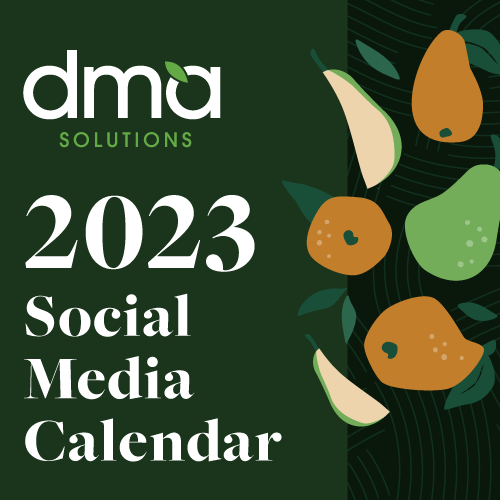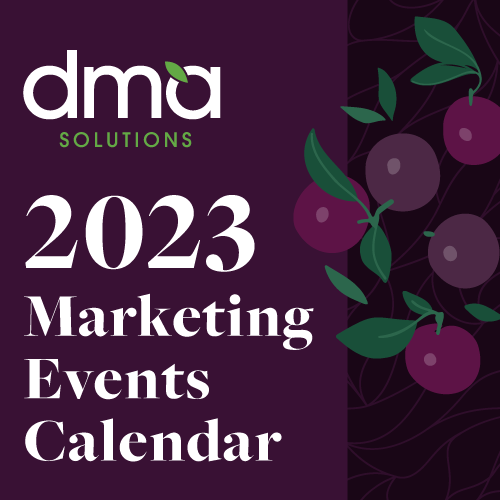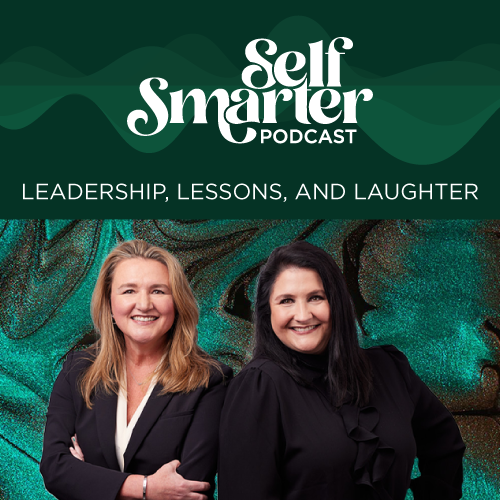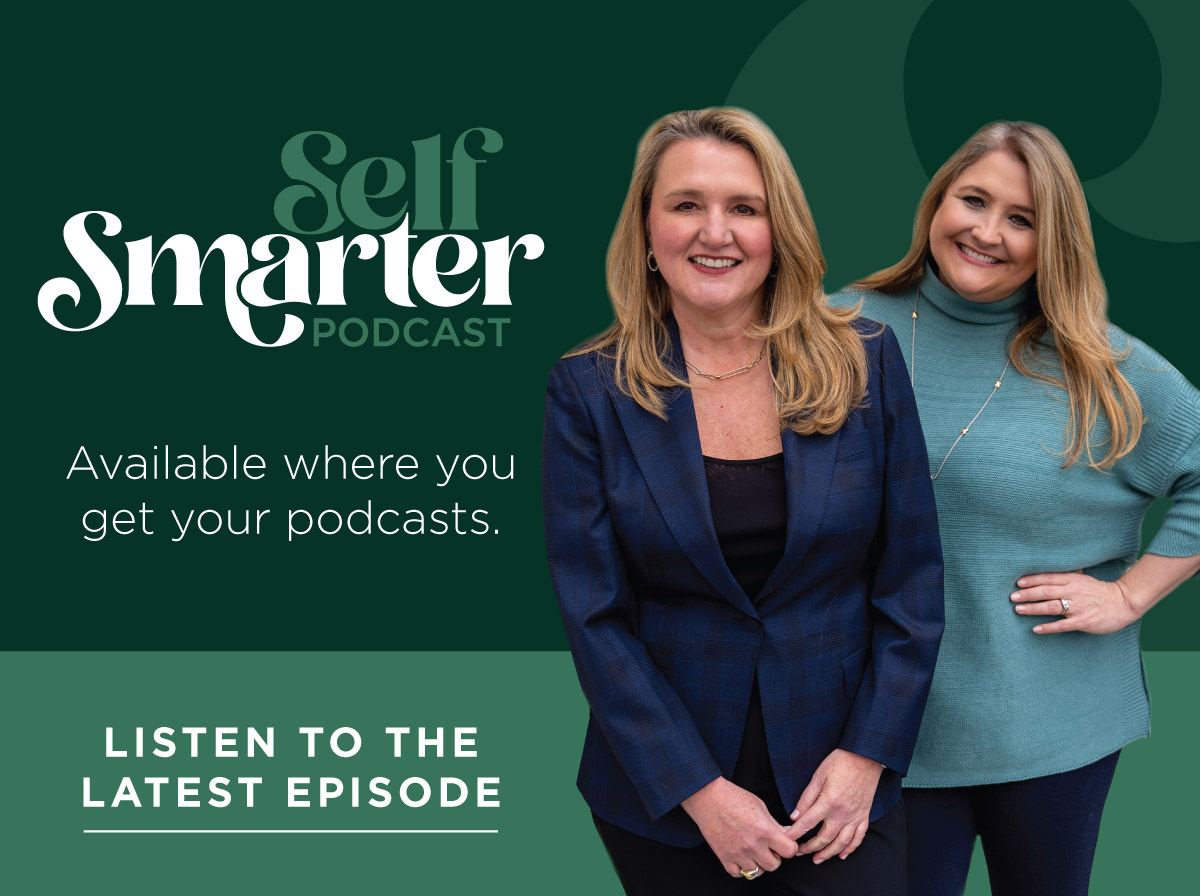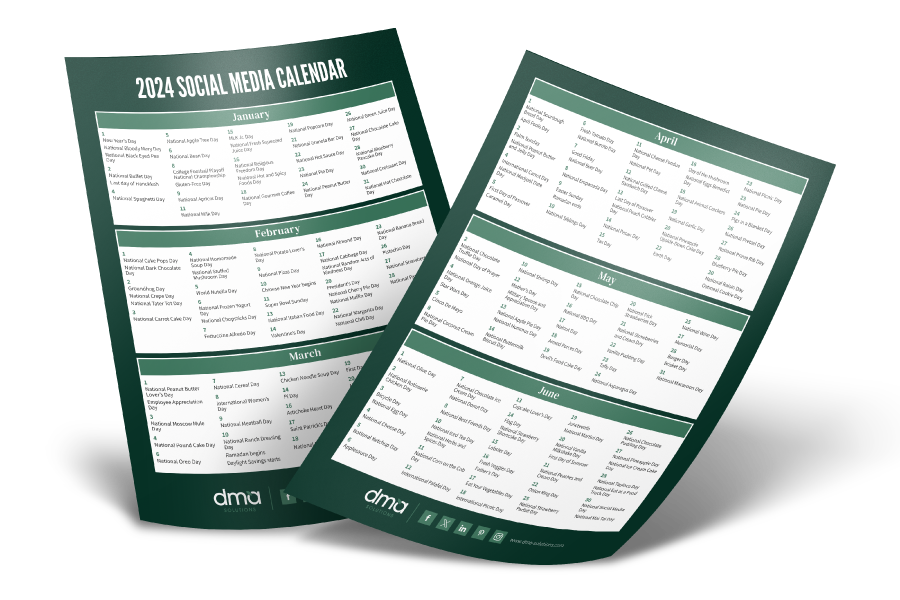 If you’d like to create experiences with your brand that “bring it to life,” you may want to consider hosting an event in 2017. But before you dive headfirst into event planning, there are a few things you need to know. First, let us share how we define event marketing: Event marketing is a promotion strategy that involves direct, one-on-one contact between companies and audiences. When strategically planned or executed, this type of marketing establishes invaluable direct connections with people and your brand. Consider these best practices when developing an event marketing campaign that’s right for your company:
If you’d like to create experiences with your brand that “bring it to life,” you may want to consider hosting an event in 2017. But before you dive headfirst into event planning, there are a few things you need to know. First, let us share how we define event marketing: Event marketing is a promotion strategy that involves direct, one-on-one contact between companies and audiences. When strategically planned or executed, this type of marketing establishes invaluable direct connections with people and your brand. Consider these best practices when developing an event marketing campaign that’s right for your company:
- Define S.M.A.R.T. Goals and Objectives
Planning an event can be a bit overwhelming, especially if you’ve never done it before. We recommend collaborating with a team to define detailed S.M.A.R.T. goals and objectives, ensuring a successful event and helping to avoid missed opportunities. It’s important to keep consistency among all consumer touchpoints in mind, so the message is clear and concise.
- Create Captivating Experiences
If your event isn’t captivating or experiential, it’s irrelevant. You want your brand and story to make an impact at every touchpoint of your event, from start to finish. You can do this through memorable interactions with people, fascinating visualizations, and by humanizing your brand. Interact one-on-one and teach them about your product/story in a quality way. Create a visual experience with photos, product demonstrations, and video displays. And humanize your brand by communicating your brand’s story in a relatable way.
- Create High-Quality, Shareable Online Content
As you create a physical event experience, it is still imperative you connect with your online audience through high-quality, shareable content. Even if the majority of your online audience can’t physically attend your event, it doesn’t mean they’re not present. Consider providing your audience with an incentive to get involved in the event digitally, like a chance to win prizes if they share content with their own followers and networks in return. If your pre-event marketing has appealed and you’ve created a branded environment for your event online, there are probably more people tuned in digitally than there are physically.
- Collect Feedback
You’ve defined goals and objectives, created a captivating experience, and produced high-quality, shareable content. Now it’s time to find out what worked and what didn’t. Find out where there is room for improvement by collecting feedback from event participants through an online survey and email marketing follow ups. This way, your results are clear and concise and you can get started creating a bigger and better event marketing campaign!
Event marketing can be extremely impactful for your brand, especially when you keep these four best practices in mind. If you’re looking for help developing an event marketing campaign, click here – we’d love to connect with you and lend a helping hand!
